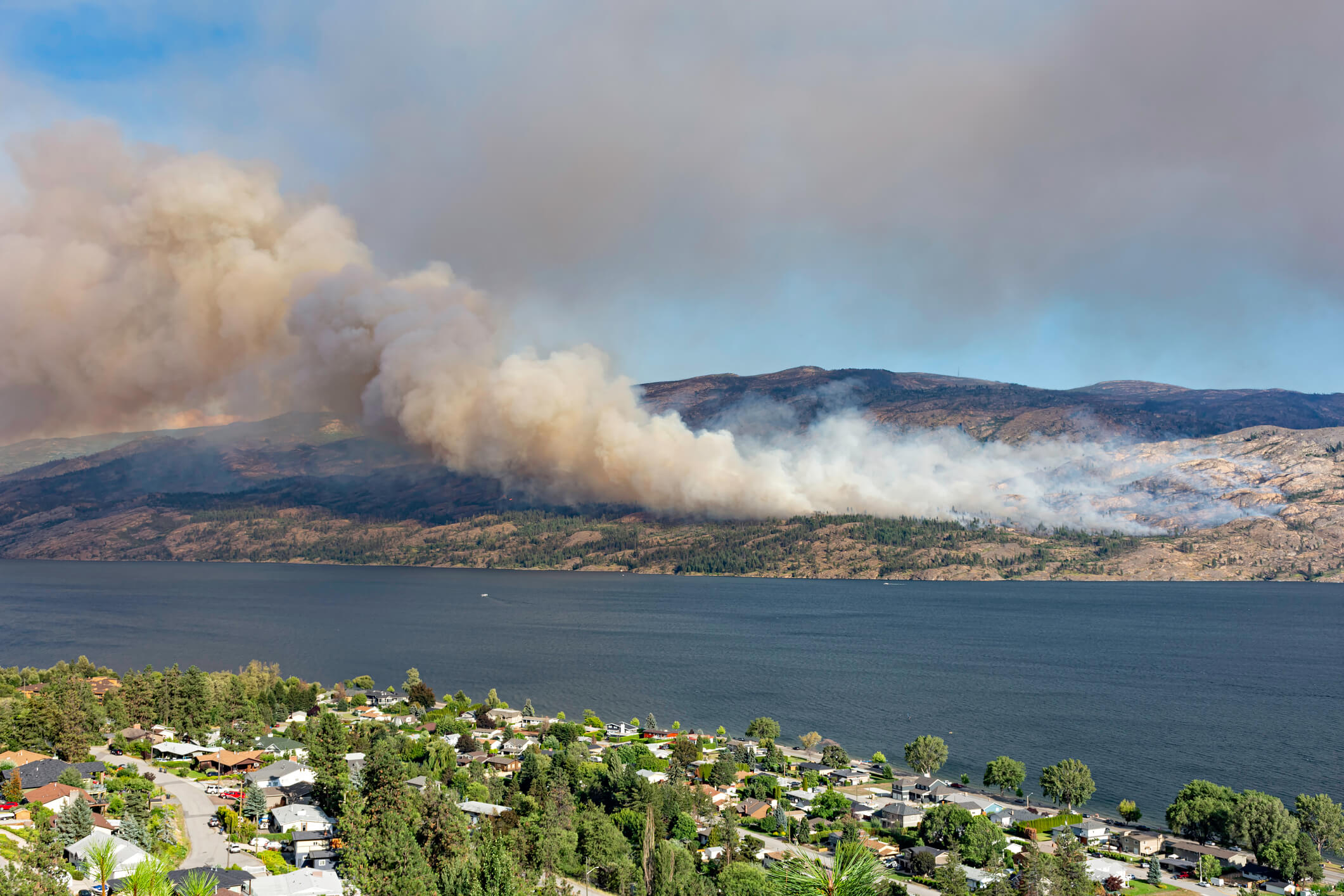There are few places in Canada, and even across North America, that have not been affected by the smoke from Canadian wildfires. The 2023 wildfire season is well on its way to being the worst year on record, with smoke having reached many of the country's major cities, and even major cities south of the border.
Anyone who has gone outside on an extremely smoky day can tell you anecdotally about the impacts wildfire smoke can have on human health. But understanding the root causes of this issue-and developing strategies to mitigate the impact of wildfires-is not so simple.
Looking to the Canadian Wildland Fire Information System, for example, shows there's an abundance of data relating to nearly every aspect of the wildfire season in Canada. It's critical that experts turn that data into useful information that can help inform policymakers' decisions.
"A huge amount of data have been collected. These raw data are simply facts or figures with bits of information, but not information itself. Raw data are seemingly random and useless until information is derived from them," said Dr. Junye Wang, a professor in the Faculty of Science and Technology at Athabasca University.
Turning that raw data into useful information can support sustainable decision making and help tackle complex environmental challenges. And as humans continue to grapple with impacts on that natural world, this career path is seeing an ever-increasing demand.

Environmental monitoring a growing, lucrative field
A background in Environmental Data Analytics can open career pathways in many sectors, including environmental consulting, government agencies, and non-profit organizations, applying new tools and applications developed in this field to solve some big challenges.
"Environmental data analytics research has provided a rich variety of new tools to assist in both a greater knowledge of the natural environment and applications to effectively mitigate and adapt to environmental pollution and climate change," Wang said.
Market Research Future estimates that the worldwide environmental monitoring market will grow to US$18.5 billion by 2030, which represents an increase of about 50% the next decade. Canadian industry experts ECO Canada projects there will be more than 50,000 new environmental jobs in Canada to be filled in that same time frame.
What's more, this has the potential to be a lucrative career. Alberta government data shows master-level computer science graduates can expect to earn salaries of more than $90,000 within their first year after completing a program.
Study with leading Environmental Data Analytics researchers
Athabasca University's Environmental Data Analytics focus area does more than just offer students the flexibility to complete a Master of Science in Information Systems degree from anywhere in the world and on their own schedule.
It also allows students to work with leading researchers in these areas. Wang, who is a Campus Alberta Innovates Program research chair for computational sustainability and environmental analytics, focuses his research on environmental data analytics. This includes research projects focused on groundwater resources, land use and land cover classification, water quality, and air quality.
"Students in the master of science program have the opportunity to be involved with real-time environmental data analysis from various monitoring stations and remote sensing," he said.
On top of providing real-world research opportunity, the Environmental Data Analytics focus area at Athabasca University gives students interdisciplinary experience, with graduate-level course work in environmental sciences and geography complementing the computer science courses.
Learn more about Environmental Data Analytics at Athabasca University.